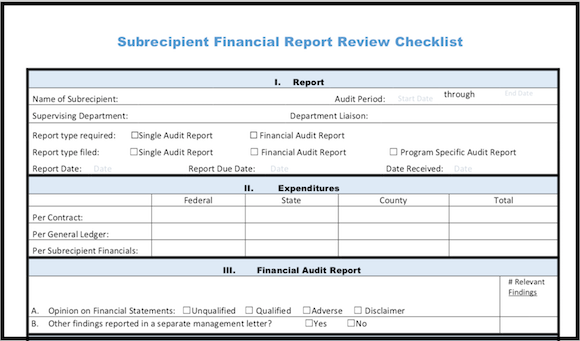|
We frequently hear the importance of being accountable, or of holding others accountable. Your government might even have a strategic objective of being more accountable to constituents. But – what does being accountable actually mean? Just because the root of the word “accountability” is the same as the root of “accountant”, that doesn’t mean accountants have any inherent understanding of this concept. Definition of accountability Webster’s Dictionary defines "accountable" as "subject to giving an account" or "capable of being explained". The Cambridge Dictionary defines it as "responsible for what you do and able to give a satisfactory reason for it". Thus, to be accountable you must explain why you did what you did, especially when the results were not as good as expected. Explaining what happened, why it happened, what you learned, and what you will do differently next time is a good recipe for dealing with an unhappy boss, spouse, co-worker or elected official. So, what should you do as a leader to hold your employees accountable? Before we lay out the proposed steps, there are a couple of things you need to keep in mind:
In order to hold someone accountable, here are the 3 key steps
It is important for you to be accountable in your life and your career. Help your employees be the same by holding them accountable, too. If you have more questions about accountability in business, feel free to reach out to Kevin directly: kharper@kevinharpercpa.com (510) 593-5037 If you'd like to get more free tips, as well as downloadable tools and templates for your agency, please join our mailing list here!
(We’ll send you a monthly curated selection of our blog posts. You can unsubscribe at any time.)
Comments
|
The Government Finance and Accounting BlogYour source for government finance insights, resources, and tools.
SEARCH BLOG:
Meet the AuthorKevin W. Harper is a certified public accountant in California. He has decades of audit and consulting experience, entirely in service to local governments. He is committed to helping government entities improve their internal operations and controls. List of free Tools & Resources
Click here to see our full list of resources (templates, checklists, Excel tools & more) – free for your agency to use. Blog Categories
All
Need a Consultation?Stay in Touch! |
Search Across Entire Site:
HELPFUL LINKS:
|
461 2nd Street, #302
San Francisco, CA 94107 (510) 593-5037 KHarper@kevinharpercpa.com |




 RSS Feed
RSS Feed